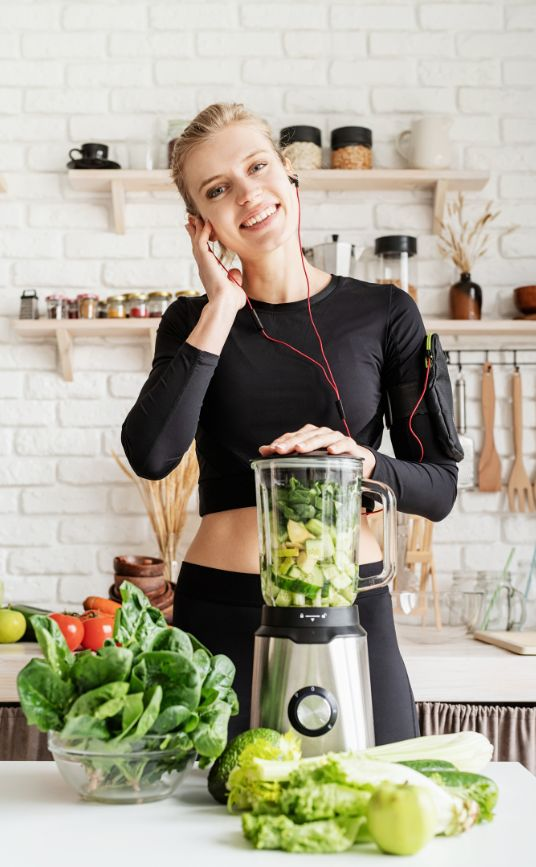We know it can be a little overwhelming when you are trying to reduce your environmental impact. With the endless list of things, we should be or could be doing, where do we even start? Getting down in the dumps about the state of the Earth isn’t the best pathway to change. This is a shame-free zone, and we aren’t here to guilt-trip you into uprooting your way of life. We are here to inspire and support you in making simple changes that can make a big impact. We all have to start somewhere, and even if you haven’t begun to make an effort yet, today can be the day!
If it still seems like too much, just start with one thing at a time. It’s ok to take it slow as long as you are making progress toward a more sustainable future!
1. Invest in a Reusable Water Bottle and Coffee Travel Cup
If you still rely on plastic water bottles to stay hydrated, it’s time to make the switch. This is one of the easiest and most affordable ways to reduce your plastic waste. Not only do water bottles contribute to a ridiculous amount of landfill waste that takes forever to break down, but they also contribute to xenoestrogen exposure. These compounds can wreak havoc on your hormonal system and have long-lasting negative effects on your health.
Many coffee shops are willing to put your order into a clean travel cup or mug brought from home, so if you just can’t do without your daily mocha latte, this is a pretty simple way to reduce waste. Really, the hardest part is simply remembering. While you are still getting into the habit, set a daily reminder alarm on your phone that will go off before you leave the house in the morning.
While you’re at it, why not ditch more unnecessary single-use goods or plastic waste products that are easy to replace? For example, do you really need a straw when you go out to eat? If the answer is yes, get yourself a stainless steel straw that you can keep with you. You can even get a bamboo cutlery set with a travel case to bring along for eating on the go so that you don’t need to use a plastic fork just once before it’s thrown out.
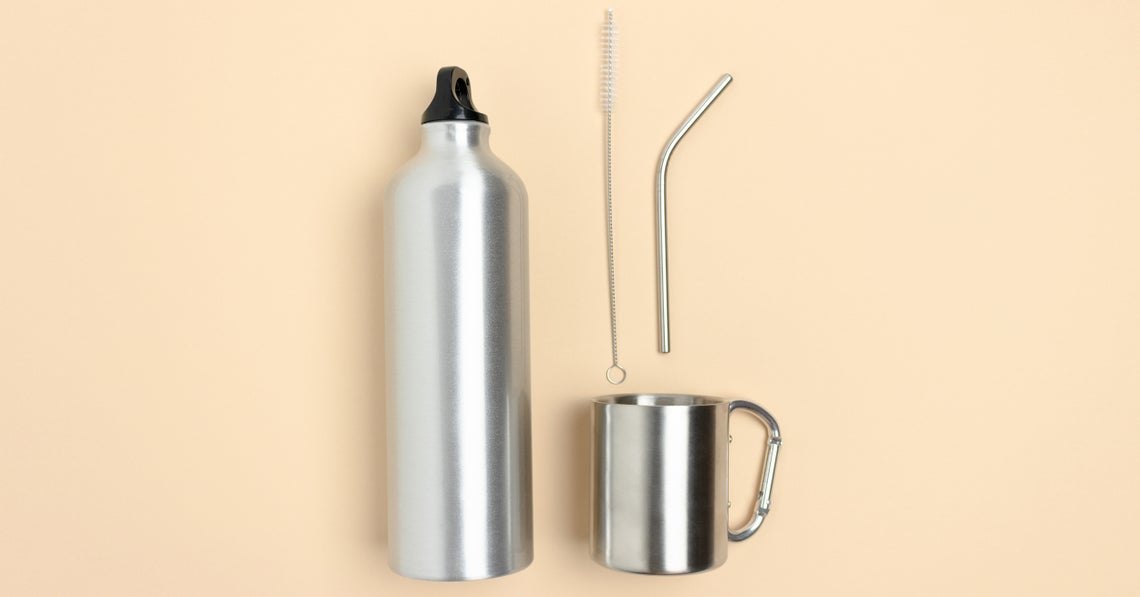
2. Don’t Just Buy Green, Buy Less
It can be easy to get carried away with the newest green gadget or eco-friendly product that has come out, but before you buy, think. Do you really need it? Do you already have something that fulfills the need? The answer to sustainability is not always something new or better, but relying on what you already have or getting creative in finding other ways to fill the need. For example, instead of buying reusable napkins, do you have some old t-shirts you can cut up for the same purpose? There are a lot of things you can probably do without, and if you give it a little time, you may realize you can make do with what you’ve got.
3. Minimize Food Waste
This is a huge problem that we can all find simple solutions to. Cutting down on the food we waste helps to reduce what we throw in landfills, but it can also save a lot of money and time spent in the kitchen! The first step is to evaluate your dining habits and find ways to make positive changes. If you mostly eat out, make sure you are only ordering what you will be able to eat, or be sure to bring home what’s left to eat later. If you cook a lot, you can plan ways to use leftovers for another meal instead of letting them go to waste.
One easy trick is to write a date on everything you cook or bring home. Then you can quickly see when you need to eat it by, instead of wondering, “is this still good”? You can use a dry-erase marker that can easily be washed off your reusable containers. Start collecting jars for food storage and transition away from plastic food containers.
No matter how hard we try, there will always be some food waste in our household, and if you want to take the next step, you can start composting. There are simple, at-home kits and composting machines that you can get for small spaces, and if you have a yard, even better! Be sure to read up on what can and cannot be composted in these kinds of systems, as certain foods (such as meat) are not typically compatible with many common composting techniques.
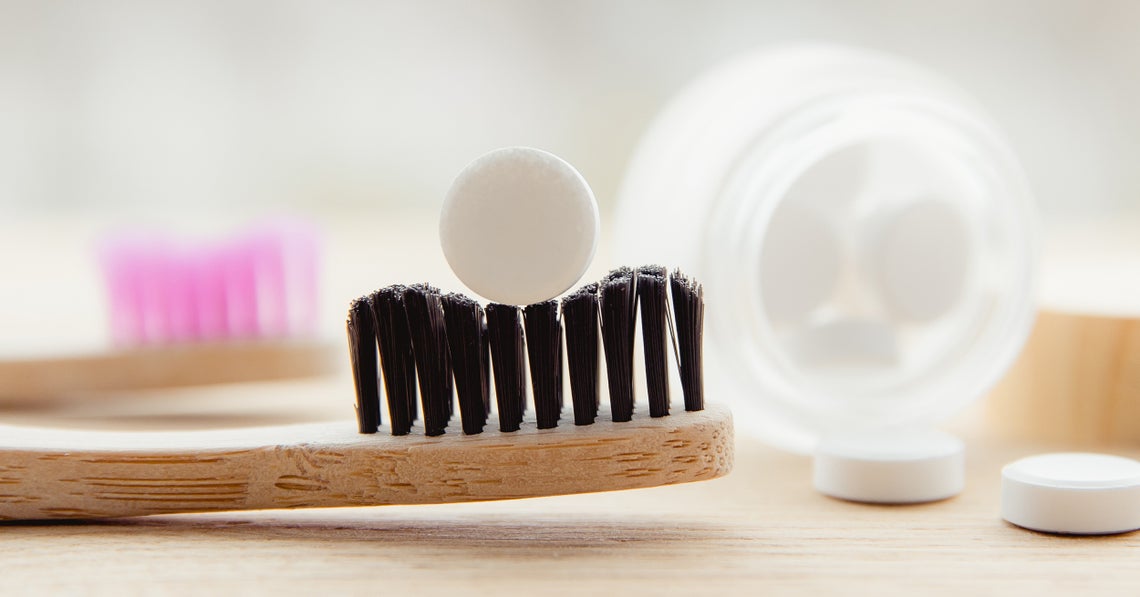
4. Grow Your Own Food and/or Support Local Farms
Everyone can grow something! Whether you have a large outdoor space or a tiny windowsill, you can grow at least one plant. Culinary herbs are a great place to start, as they are easy to grow in small spaces and are generally low-maintenance plants. Best of all, you can start harvesting to use them in your meals right away.
Whether you are able to grow your food or not, you can still support local farms by purchasing fresh fruits, vegetables, and herbs from them seasonally. Join a CSA or become a regular at your local farmer’s market. Not only will you get fresher, better-tasting produce, but you will also help farmers (who are rarely in it just for the money) to keep doing what they do. If you want to learn how to grow your own food, you may be able to volunteer and learn some of the basics so you can get growing for yourself.
5. Conscious Consumption
Start thinking about where things come from, especially items you purchase on a regular basis. How far has it traveled? How is it packaged? Were the ingredients grown or harvested sustainably? This can apply to many things, but here are a few really important ones to think about.
♦ Meat and other animal products: If you are an omnivore, support local, pasture-raised, grass-fed meat, egg, and dairy producers that treat their animals well. Factory farms are not only brutal to the health and well-being of the animals, but they also produce endless amounts of contaminated animal waste that often ends up in rivers and oceans. We source the collagen for our Collagen Peptides from grass-fed and pasture-raised cows to bring you a high-quality option that is good for you and for the planet.
♦ Coffee: Choose shade-grown coffee whenever possible to support the sustainable growing practices of coffee farmers. Seek out companies involved in reforestation efforts in areas where coffee is grown.
♦ Herbal remedies: The herbal industry is booming, and with that, wild plants are at risk more than ever from being overharvested for mass consumption. Before you buy, try to find out where the herbs are sourced from. Keep on the lookout for plants listed on the United Plant Savers Species At-Risk List so you can avoid these herbs or seek out farm-grown options.
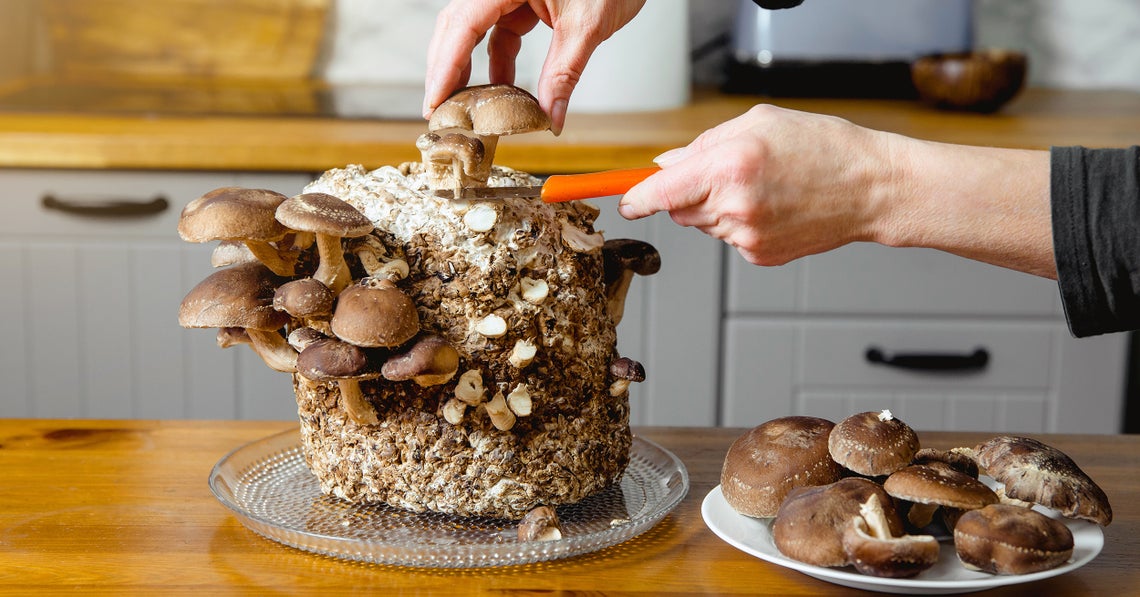
6. Rethink Hygiene Products
It’s never been easier to find eco-friendly hygiene products. Say hello to shampoo bars, bamboo toothbrushes, refillable deodorant, reusable cotton swabs, toothpaste tablets, hand soap sheets, and all kinds of low-waste or zero-waste options. Think about the things you use most and how they are packaged. How often do you have to replace your mascara or deodorant? Seek options that either reduce their packaging or can be refilled over and over. Even brands you already love may be moving toward more sustainable packaging and including more nature-inspired ingredients.
Besides reducing packaging, be on the lookout for products you can bring into your life that use fewer chemicals. Not only is this better for your body, but it’s also better for the environment, especially the waterways. When you shampoo and condition your hair, where does the excess go? It doesn’t just disappear, and it’s important to start being aware of what you are putting down the drain.
7. Buy to Last
When you do need to make a purchase, make sure it is something that will last. It can be tempting to go for the most affordable option, especially if you are on a budget. Yet, if you have to replace it not long afterward, you aren’t saving money and aren’t doing any favors for the Earth either. Purchase electronics, furniture, and other household items that will last for a long time or repair what you already have. Choose shoes & clothing that you can mix and match that will have a classic look that never goes out of style. Look for items that are made with recycled or sustainable materials and support companies that are making an effort to keep their impact at a minimum.
Invest in items that help you reduce waste and plastic use, such as coconut sponges, canvas grocery bags, and beeswax wraps to replace plastic wrap. You don’t have to replace everything all at once, but as you run out of things or items that need to be replaced, you can feel confident you’re making steps toward more sustainable purchases.
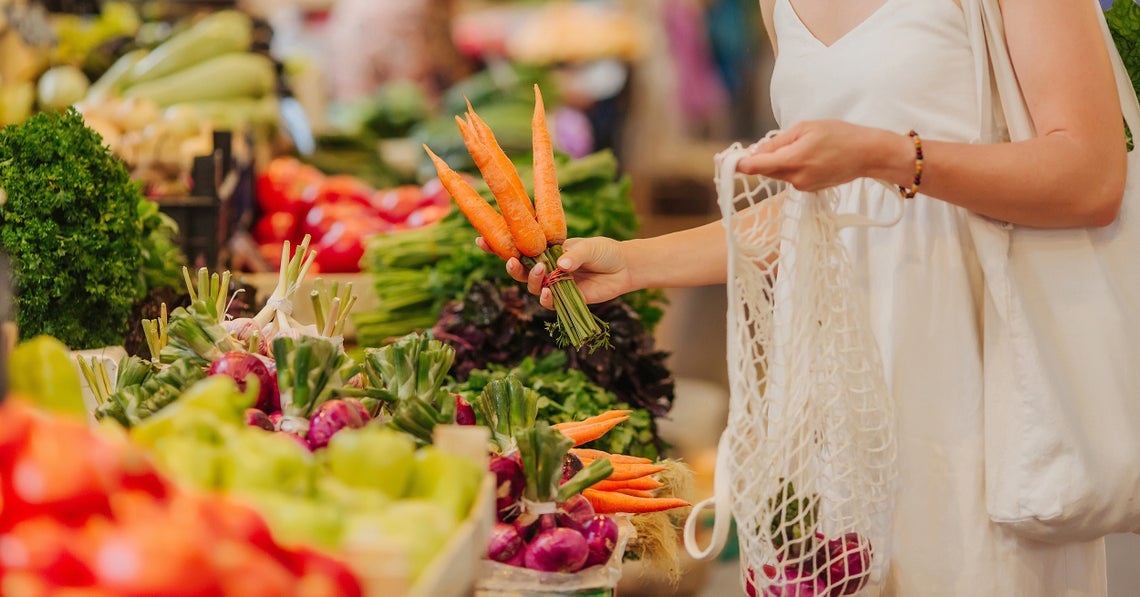
Easy Earth-Friendly Changes for Everyone
Here are a few extra ideas that can make a big difference and are simple to incorporate into your life. Some of these may seem like no-brainers, and you may have been doing them for years, but some of us are starting at the very beginning.
♦ Bring reusable bags to the grocery store.
♦ Recycle correctly! Look into your local recycling requirements and do your part.
♦ Reuse everything that you can as many times as possible.
♦ Switch over to LED lightbulbs.
♦ Install water-saving taps on faucets and showers.
♦ Make your own household cleaning products (baking soda and vinegar can work wonders).
Waking up to Wellness
It’s not always easy to do your part to save the world, but there are simple things that almost anyone can do to make positive changes. Sure, we’ve still got a long way to go, but every step along the way is important and does matter! At Live Conscious®, we are continually looking for ways we can support the health of people and the planet. That’s why we’ve partnered with the Eden Reforestation Project, and with your help, we will reach our goal of planting over 1 million trees worldwide!
We are also working hard behind the scenes to continue to source our ingredients consciously and shift toward more sustainable packaging, making it easier for you to discover choices that fit into an eco-friendly lifestyle. Our health is intertwined with our environment, and we hope you will join us on this journey toward a beautiful future and a healthy planet.





